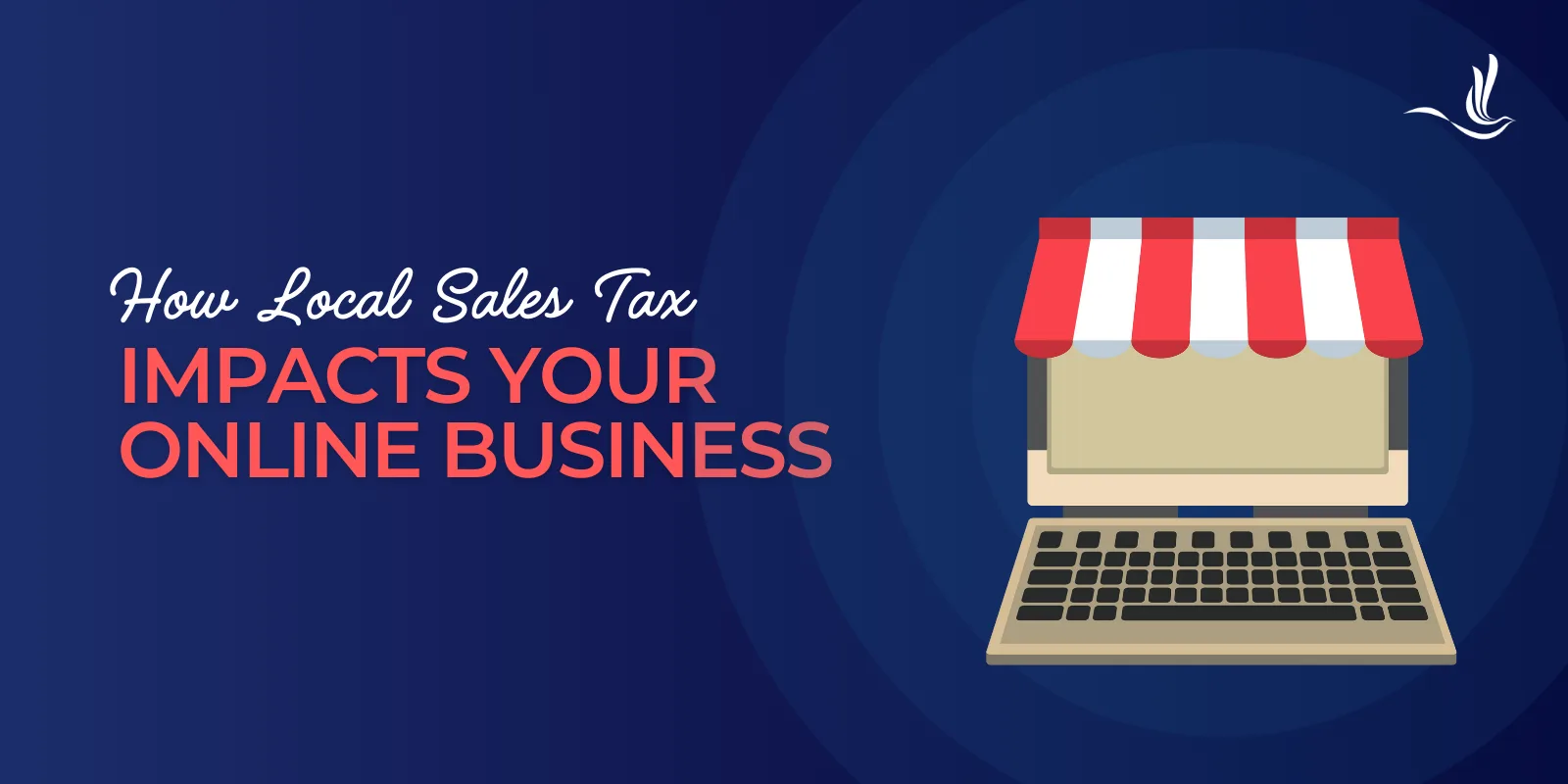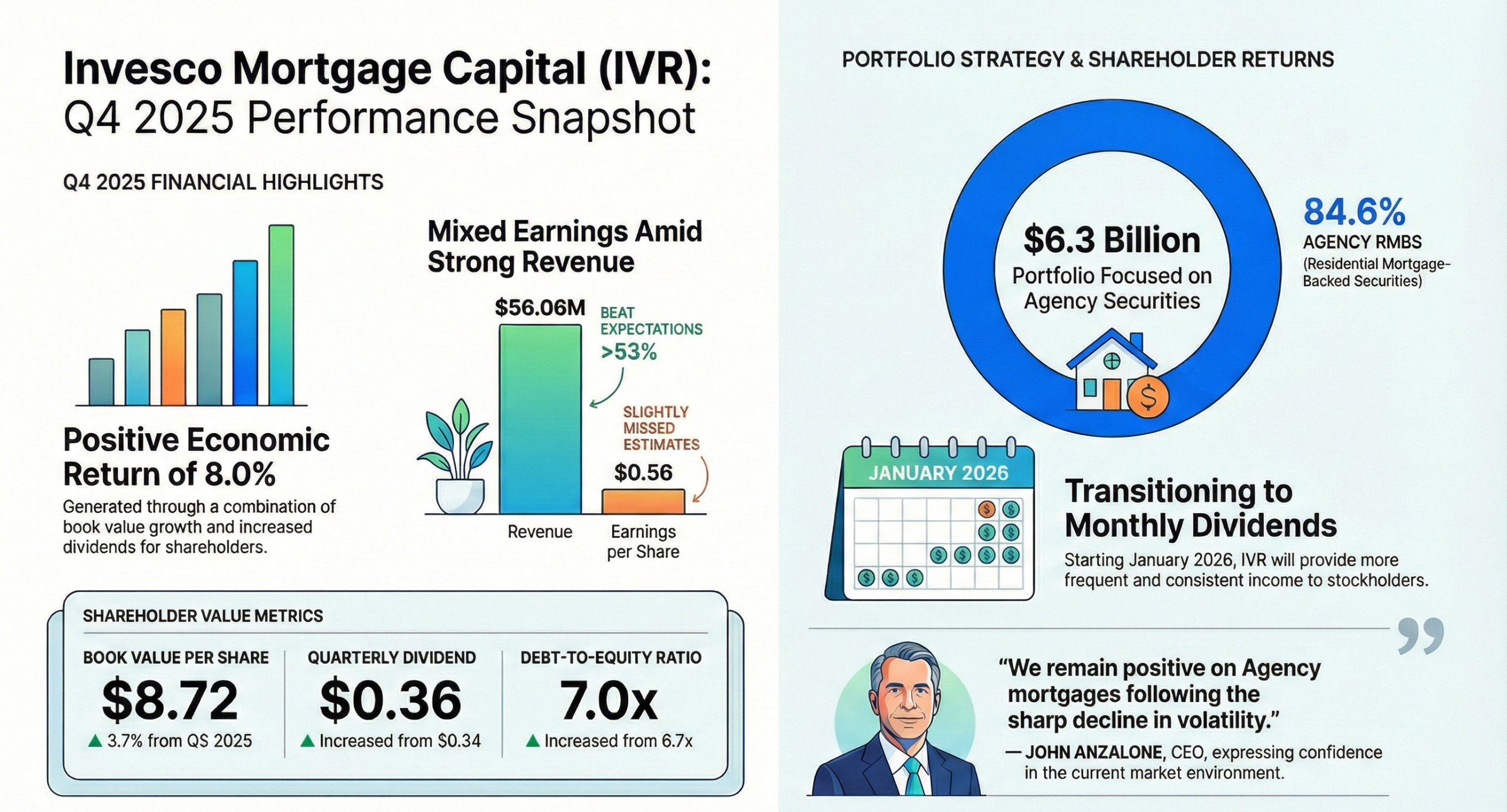Key Takeaways:
Local sales tax rates vary widely by city and ZIP code, and sellers must charge the correct rate based on customer location.
Sales tax obligations are triggered by “nexus,” which can be physical (like a warehouse or employee) or economic (based on revenue or transaction volume in a state).
The 2018 Wayfair decision allowed states to require tax collection from out-of-state online sellers once they meet certain economic thresholds.
Different states follow either origin-based or destination-based tax rules, and most require sellers to charge based on the buyer’s location.
Marketplace platforms like Etsy or Amazon may handle tax for you, but sellers with their own websites are responsible for full compliance.
As your business grows, regularly reassess your tax exposure and consider consulting a tax professional to navigate changing rules and avoid penalties.
Local sales tax laws are some of the most confusing (but crucial) items for online business owners to understand. As e-commerce continues to boom, states and local governments are getting increasingly aggressive in enforcing tax collection from remote sellers. If you’re an online entrepreneur, understanding how local sales tax impacts your online business isn’t optional. It’s essential for staying compliant, avoiding penalties, and maintaining profitability. In this article, we’ll break down everything you need to know about local sales tax: what it is, how it applies to your business, what triggers your obligations, and how to manage compliance as your business grows.
What Is Local Sales Tax?
To understand how local sales tax impacts your online business, you first need to understand what it actually is. Most people are familiar with the idea of state sales tax, but many states also allow cities, counties, and special districts to impose their own taxes on top of the state rate.
Local sales tax is a tax collected on retail sales that goes to local jurisdictions rather than the state itself. It’s often tacked onto the state’s base rate, resulting in a combined sales tax rate that can vary significantly from one ZIP code to the next. For example, California has a statewide base sales tax rate of 7.25%, but in some cities like Los Angeles, local rates can push the total sales tax to over 10%.
This means that two customers in the same state might be subject to different tax rates based solely on their addresses. For online sellers, that variability introduces complexity in collecting the right amount of tax for each transaction.
Nexus: The Legal Trigger for Sales Tax Obligations
Sales tax obligations are based on a concept called “nexus.” Nexus is a legal term that refers to a business presence or connection with a state or locality significant enough to require you to collect and remit sales tax there. Nexus can be established in a few ways, and it’s one of the most important factors in determining how local sales tax impacts your online business.
Physical Nexus
Physical nexus is the traditional rule, and it’s fairly straightforward. If you have a physical presence in a state, like an office, warehouse, store, or even employees or contractors, you’re generally required to collect sales tax on sales made to customers in that state.
For instance, if you run your online business out of a warehouse in Texas and ship to customers in Texas, you must collect and remit Texas sales tax. If you also send goods to a storage facility in Illinois, you may now have nexus in Illinois, even if you don’t live or operate there full-time.
Economic Nexus
The game-changer came in 2018 with the U.S. Supreme Court decision in South Dakota v. Wayfair, Inc. This case gave states the authority to require out-of-state sellers to collect sales tax even if they had no physical presence, so long as they met certain economic thresholds.
This concept, known as economic nexus, means that if your sales or number of transactions in a particular state exceed a specified limit, often $100,000 in sales or 200 transactions, you must collect and remit sales tax there.
For example, if you’re based in Florida but make $500,000 in annual sales to customers in California, California considers you to have nexus. That said, they expect you to collect California sales tax, even if you’ve never set foot in the state.
Why Sales Tax Matters for Online Sellers
The consequences of not understanding your sales tax obligations can be severe. If you’re not collecting the proper tax amounts from customers, you may be liable for paying that tax out of pocket. In some states, failure to comply can lead to fines, penalties, or even business license revocation.
From a financial perspective, the impact is direct. Say you sell a $50 product and forget to collect a 10% combined local tax. That’s $5 you either must absorb or retroactively charge the customer, which can create friction. Multiply that across hundreds or thousands of transactions and the losses add up quickly.
Moreover, transparency builds customer trust. If your checkout process correctly displays the applicable tax, it reassures buyers that your business is legitimate and compliant. On the other hand, overcharging or undercharging can raise red flags.
From a strategic standpoint, understanding local tax rates helps you price your products appropriately. Some sellers adjust their pricing slightly based on expected tax rates in key markets, especially if they’re absorbing the tax themselves to offer “tax-included” pricing.
How Different States Handle Online Sales Tax
One of the most frustrating aspects of managing online sales tax is that every state has its own rules. Some states have no sales tax at all, like Oregon, Delaware, Montana, New Hampshire, and Alaska (though some Alaskan cities impose local sales tax independently). Others, like New York and California, have high base rates and allow additional local taxes.
States also differ in how they define and enforce nexus. While most have adopted some form of economic nexus law since Wayfair, the thresholds vary. Some require $100,000 in sales, others $500,000. Some also require a minimum number of separate transactions.
It’s also worth noting that some states are “origin-based” when it comes to determining tax rates. This means you charge based on where you, the seller, are located. Others are “destination-based” meaning you charge based on the buyer’s address. The majority are destination-based, which further underscores the importance of calculating the correct local tax.
Collecting, Reporting, and Remitting Sales Tax
Once you’ve established nexus in a state, the next step is to register for a sales tax permit. You can usually do this through the state’s Department of Revenue. It’s illegal to collect sales tax in a state where you’re not registered, so make sure to complete this step before you start charging customers.
After registration, you need a system for accurately calculating and collecting tax on each sale. This is where tools like TaxJar, Avalara, and even native integrations in e-commerce platforms like Shopify or BigCommerce can help. These tools pull in updated tax rate data based on the buyer’s ZIP code and automatically apply the right rate.
When it comes to filing, each state sets its own schedule. Some businesses must report monthly, others quarterly or annually. Filing typically involves reporting gross sales, taxable sales, and tax collected, then remitting the owed amount to the state.
Make sure to keep detailed records of each transaction, including customer location, items sold, tax collected, and order value. If you’re ever audited, having a clean digital paper trail will save you significant stress.
How Local Tax Affects Marketplace and Website Sales Differently
Where and how you sell plays a big role in your sales tax responsibilities. If you’re selling exclusively through marketplaces like Amazon, Etsy, or Walmart Marketplace, many of those platforms collect and remit tax on your behalf. This is due to marketplace facilitator laws, which shift the burden of compliance to the platform rather than the individual seller.
However, if you also sell through your own website, such as a Shopify, WooCommerce, or Squarespace site, you’re fully responsible for managing collection and remittance. That means you could be compliant via Etsy but totally exposed on your standalone store.
Let’s say you sell $150,000 worth of handcrafted goods through your Shopify site and $40,000 through Etsy to customers in Illinois. Even if Etsy handles its own portion, you’re still on the hook for collecting tax on the $150,000 in Shopify sales if you meet Illinois’ nexus threshold. In hybrid sales models, make sure to separate reporting by channel and confirm which platforms are collecting tax for you. Don’t assume you’re covered just because one channel handles it.
Staying Compliant as You Grow
As your business scales, so do your tax obligations. What didn’t matter at $50,000 in annual sales might become a big issue at $200,000. That’s why it’s important to regularly review your nexus footprint and reassess your compliance status.
Set a recurring quarterly task to check your total sales by state. If you’re approaching or exceeding a new state’s economic threshold, begin the registration and setup process before you hit it. This proactive approach can save you from noncompliance issues down the road.
Using automated tax software can help here, especially those that flag when you’re nearing a new threshold. As your order volume increases, the time saved by automating tax calculations and filings easily pays for itself.
Some businesses also benefit from working with a sales tax specialist or CPA familiar with e-commerce. They can help you understand multi-state tax laws, review your reporting processes, and identify gaps before they become problems.
Frequently Asked Questions
Q: Do I need to collect local sales tax for selling online?
A: Yes, if you have sales tax nexus in a state (through physical presence or meeting economic thresholds) you are required to collect both state and local sales tax from customers based on their location.
Q: Which is an example of a sales tax that can affect online purchases?
A: A common example is the combined state and local sales tax in Los Angeles, California. While the state rate is 7.25%, local taxes can push the total to over 10%, impacting the final price paid by online shoppers. So, if a customer buys a $100 item online and lives in Los Angeles, they could pay over $110 after tax. In contrast, if that same $100 product is purchased by someone in Oregon, a state with no sales tax, the final cost remains exactly $100.
Q: What states don’t charge sales tax for online purchases?
A: Five states that do not have a statewide sales tax: Oregon, Delaware, Montana, New Hampshire, and Alaska. However, some Alaskan localities may still impose local sales tax.
Q: Can I sell online without paying tax?
A: You may not need to pay sales tax on every transaction, but if you meet a state’s nexus requirements, you are responsible for collecting and remitting sales tax. Failing to do so can result in penalties and back taxes.
Q: Do you need a local business license to sell online?
A: Some cities or counties require a business license even for online sellers, especially if you operate from a home office. Check with your local jurisdiction to confirm what’s required.
Q: Can I start an online business without registering?
A: Technically, you can begin selling online without registering, but you risk noncompliance. Most states require sales tax registration once you have nexus, and you may also need to register your business name or entity depending on your location.
Tax Help for Small Businesses
Understanding how local sales tax impacts your online business is critical for staying compliant and protecting your bottom line. As states continue to tighten enforcement and expand nexus laws, online sellers must proactively track where they owe tax, implement reliable collection tools, and maintain accurate records. While software can simplify much of the process, the complexities of multi-state obligations and ever-changing rules make it wise to consult with a tax professional who can ensure your business remains on solid ground. Optima Tax Relief is the nation’s leading tax resolution firm with over $3 billion in resolved tax liabilities.
If You Need Tax Help, Contact Us Today for a Free Consultation

























